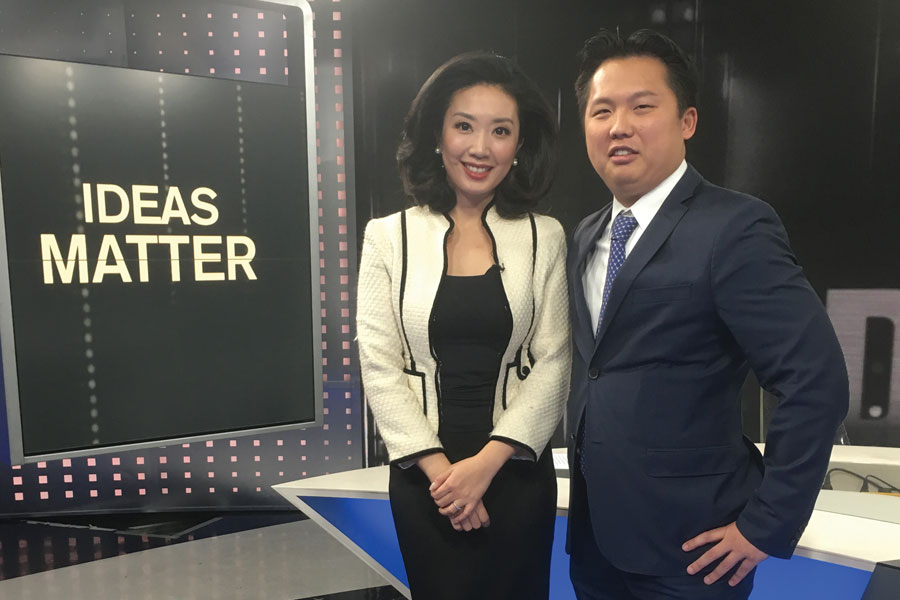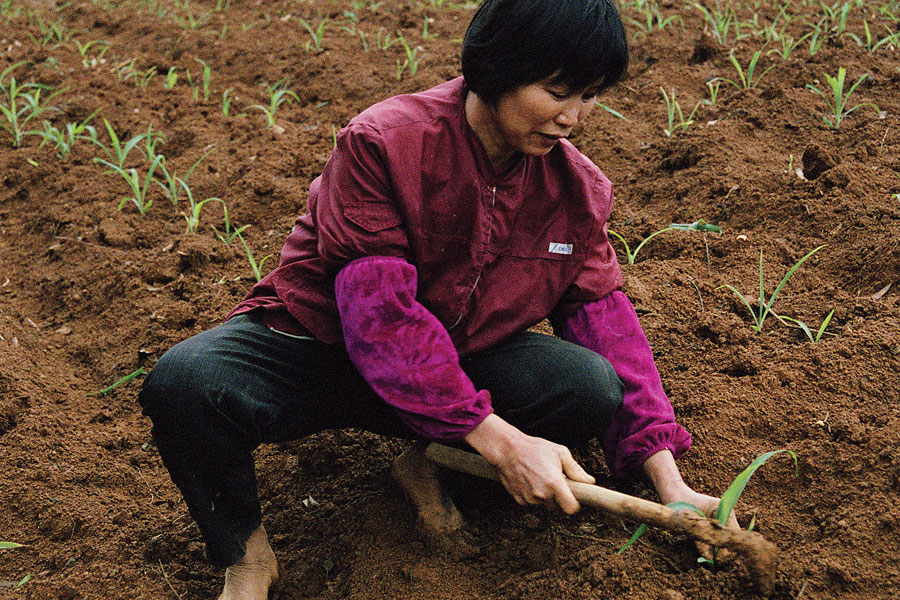Bankers are happy to loan you money as long as you can prove that you don’t need it.
Roger Ying found a better way and is making traditional banking obsolete with technology-driven tools that empower the 99 percent.
Ying stepped into this brave new world and founded financial services company Pandai in 2011, after seeing a fundamental shift in what people expected from their banks, but weren’t getting. Occupy Wall Street and the anti-globalization movement may have been the catalyst for ordinary people to demand change in world finances, but increased political interference by governments has also created inefficiencies in banks that have stifled the flow of money to billions of consumers.

“The average consumer started to realize how crony capitalism can come about,” says Ying “It’s become clearer how banks choose to finance some people over others, and many people have woken up to how big banks use and spend their money.”
Ying attributes the increased awareness and demand for change to the Internet, where shared information and experience has resulted in a more educated consumer. A rise in the concept of a shared economy has disrupted what traditional banking and finance is all about, and has people questioning what currency they still believe in. It has become an increasingly difficult question to answer.
“The rise of crypto-currencies, such as Bitcoin, have raised an interesting point. Would you rather believe in something that has been manipulated by a central government or bank, or a system with firm and fixed rules that technology has enabled – that are clear, decentralized and transparent?” asks Ying.
When the global banking crisis began in 2008 and people in Iceland, Spain, Ireland, Russia and the United Kingdom began losing their savings, there was one unbelievable detail: no one knew how they’d lost their money. Money had been entrusted, but no one knew what the bank was actually doing with it. A result of this has been a demand for greater transparency and has seen the emergence of crowdfunding and peer-to-peer lending. “This is essentially saying that you’d prefer to meet the cow that will become your steak,” says Ying. “Knowing who has your money, and how they’re using it, is an important consideration in the new world of finance.
“Financial services before the crisis had an attitude of, ‘Just trust me. If I lose your money, I don’t owe you an explanation,’” explains Ying. “Added to this were layers of legal complexities that a banking client could never hope to understand.”
Pandai’s approach is to connect credit-worthy borrowers with lenders, which may sound like a familiar lending model, until you realize how many people might become involved in a USD10,000 loan. In this model, hundreds, or even thousands, of lenders will each lend USD10 or more to make up the total loan amount.
The lender can now become their own “banker” by diversifying their investment over hundreds of borrowers (customers) financing their loan.
“It’s reverse banking,” says Ying. “And turns the borrower into the banker.” It’s an idea that Pandai is rolling out to the Chinese rural agricultural sector – 800 million farmers that make up more than half of China’s 1.3 billion population. It’s a huge, untapped market.
“In 2009 the peer-to-peer lending market in China stood at USD4.5 million, a figure that grew to USD66 billion last year,” says Ying. Crowdfunding, or crowdlending, diversifies the risk by spreading it among many people and essentially doing what a bank does: collecting many deposits from many customers. The lender can now become their own “banker” by diversifying their investment over hundreds of borrowers (customers) financing their loan. For skeptics who think this way of banking is unrealistic, 100 percent of Pandai’s lenders have received returns of between 7-15 percent.
This approach may seem innovative, but is actually nothing new. “Over 100 years ago, banking was a community business,” says Ying. “A bank manager knew every customer – who was doing well and who was doing poorly. With the advent of central credit bureaus and big data, risk formulas were developed that didn’t always acknowledge a person’s true earning potential, or ability to repay.”
“I see increasing numbers of people taking financial matters into their own hands and not feeling they need large corporations to think for them anymore,” explains Ying. “Technology has allowed people to buy into concepts, rather than big brands, and the emergence of robo-advisor’s, online portfolio management services that use algorithms to manage portfolios without the use of human financial planners, has empowered many investors.
“Banks usually look after their own interests,” says Ying. “In China, for example, state-owned banks are not incentivized to take risks, but rather to lend to other state-owned enterprises, effectively freezing out the general public from cheap access to capital.”
The Chinese banks won’t touch the farmers and truck drivers that Pandai finances, and Ying acknowledges that self-interest is still a problem. Stifling bureaucracy and a conflicting agenda between state and private enterprise are just two obstacles that need to change.
“There’s no reason for many banks to change as they exist as an arm of government,” he says. So, will banks die out like the dinosaurs one day? Ying thinks banks can change and are being forced to become more consumer-centric. Partnerships between banks and companies such as Pandai have shown banks how to expand their product range.

The future of banking is an increased transparency and having all your financial information on your mobile phone – all your accounts, policies and portfolios instantly accessible from anywhere. On a recent trip to India, Ying witnessed how transparency can still play a central role, despite the lack of technology. “Some peer-to-peer lending platforms allow the lender to call up the borrower at any time and have a conversation,” he says. Private banking used to be a term reserved for the wealthy, but now it seems that a private phone call between any one of 800 million farmers and their benefactors represents a whole new way of defining wealth.




































